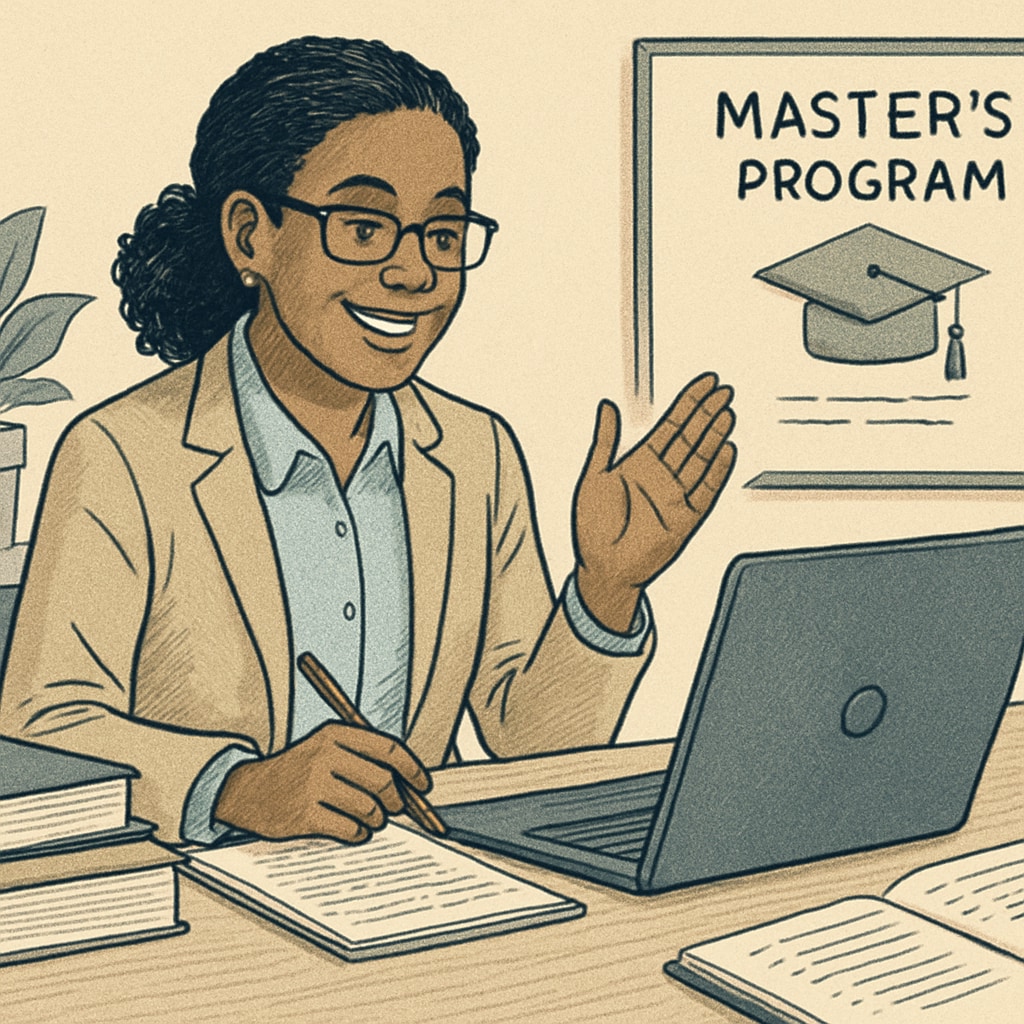For K-12 educators, the pursuit of a master’s degree is often seen as a gateway to career advancement and personal growth. However, balancing the demands of a full-time teaching career, academic pursuits, and personal life requires careful time management and strategic planning. This article delves into the challenges educators face when seeking higher education and provides practical strategies to ensure success.
Challenges of Pursuing a Master’s Degree While Working
Many educators find themselves at a crossroads when deciding to pursue a master’s degree. On one hand, the benefits of advanced education—such as increased job prospects, higher earning potential, and enhanced expertise—are undeniable. On the other hand, juggling teaching responsibilities with graduate coursework can be overwhelming.
Common challenges include:
- Time Constraints: Teaching is a demanding profession that often extends beyond classroom hours, with additional responsibilities like lesson planning, grading, and parent-teacher meetings.
- Financial Strain: Tuition fees and related expenses can add up, especially for educators who may already have limited disposable income.
- Burnout Risk: Balancing work, studies, and personal obligations can lead to exhaustion and stress.

Time Management Strategies for Educators
Effective time management is critical for educators who wish to pursue a master’s degree. By adopting the right strategies, it is possible to maintain a healthy balance between work, study, and life. Here are some tips:
- Set Priorities: Identify the most important tasks each week and allocate time accordingly. Use tools like planners or digital apps to stay organized.
- Leverage School Breaks: Use summer vacations, winter breaks, and other downtime to focus on coursework and research.
- Communicate with Employers: Inform your school administration about your academic pursuits. They may offer flexible schedules or reduced workloads to support your education.
- Utilize Online Programs: Opt for online or hybrid master’s programs that allow for greater flexibility in scheduling.
For more insights, visit Time Management on Wikipedia.
Balancing Career Advancement and Personal Goals
Pursuing a master’s degree is not just about professional development—it is also a way to achieve personal growth and fulfillment. To maintain balance, educators should focus on the bigger picture and set realistic expectations for themselves.
Here are some ways to stay motivated and aligned with your goals:
- Break Down Goals: Divide your academic journey into manageable milestones to avoid feeling overwhelmed.
- Seek Peer Support: Connect with colleagues or join online forums to share experiences and advice.
- Celebrate Successes: Acknowledge and reward yourself for completing assignments or passing exams.
Additionally, exploring resources like the Education Entry on Britannica can provide valuable perspectives on professional growth.

Conclusion: The Path to Success
While the journey to obtaining a master’s degree as a working educator is challenging, it is also deeply rewarding. With careful planning, effective time management, and support systems, educators can achieve their academic and professional goals without compromising their well-being. By investing in their education, they lay the foundation for a brighter future in the field of teaching.
In summary, balancing a career and education is no small feat, but with the right strategies and mindset, it is entirely possible. Whether you’re just starting to consider a master’s program or are already on your way, remember that every step brings you closer to your aspirations.


